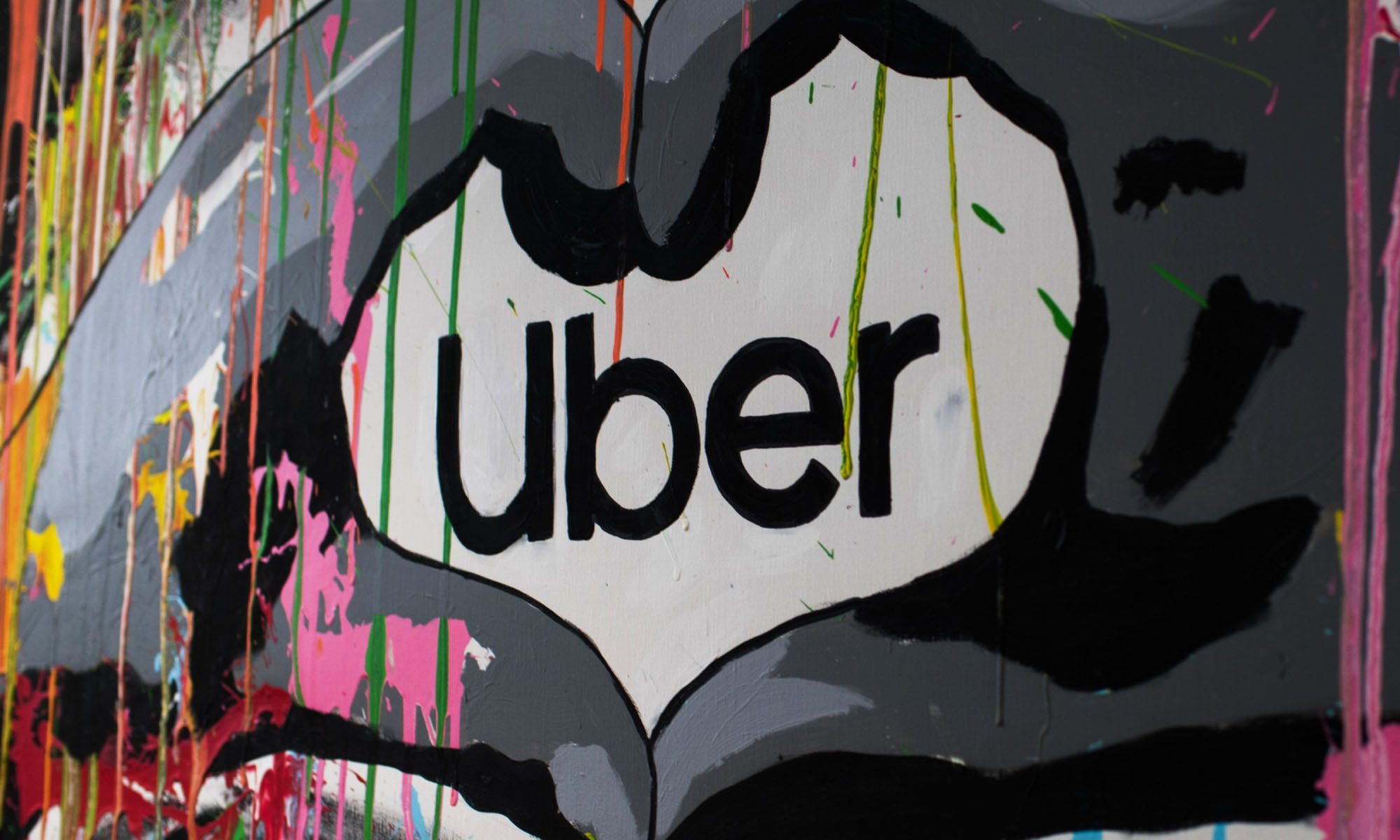News
Uber Blames Lapsus$ Hacking Collective For Data Breach
The hack targeted a Slack channel using a password purchased from the dark web, though the company claims no client data was compromised.

Lapsus$ is a collective of hackers famous for ransomware attacks and data theft from huge companies such as Microsoft, Vodafone and Nvidia. Now, the group has successfully targeted ride-sharing giant Uber.
Uber’s systems were breached sometime last week, with employees discovering the hack on Thursday, 15th September. The infiltrator announced their actions on the company’s internal Slack account with a message that read: “I announce I am a hacker and Uber has suffered a data breach.”
Uber claims the hacker is associated with the Lapsus$ group. If that’s true, it means they could also be responsible for a massive data breach of Rockstar Games and its upcoming Grand Theft Auto VI (GTA 6) release, as the attacker announced that they were, in fact, the same person.
As far as Uber is concerned, no customer data was compromised during the hack, with the breach targeting invoice management tools and content from Slack channels.
In a new update about the fiasco, Uber believes the attack happened after the hacker purchased a corporate password on the dark web from a personal device that was infected with malware. Even though 2-factor authentication was activated, the contractor inexplicably allowed a login approval request, which granted entry to the account.
Since the data breach, the company has forced all users to change their login credentials and is adamant that any public-facing financial data or personal information remains secure.
Also Read: DDoS Attacks Are A Growing Threat In Gaming
“First and foremost, we’ve not seen that the attacker accessed the production (i.e. public-facing) systems that power our apps; any user accounts; or the databases we use to store sensitive user information, like credit card numbers, user bank account info, or trip history. We also encrypt credit card information and personal health data, offering a further layer of protection,” says Uber in an official statement.
To add to the embarrassment, Uber admits that the hacker accessed the company’s dashboard portal at HackerOne, where researchers report security bugs and vulnerabilities. In addition to law enforcement, Uber is now working alongside leading digital forensics teams to get to the bottom of the breach.
News
Samsung Smart Glasses Teased For January, Software Reveal Imminent
According to Korean sources, the new wearable will launch alongside the Galaxy S25, with the accompanying software platform unveiled this December.

Samsung appears poised to introduce its highly anticipated smart glasses in January 2025, alongside the launch of the Galaxy S25. According to sources in Korea, the company will first reveal the accompanying software platform later this month.
As per a report from Yonhap News, Samsung’s unveiling strategy for the smart glasses echoes its approach with the Galaxy Ring earlier this year. The January showcase won’t constitute a full product launch but will likely feature teaser visuals at the Galaxy S25 event. A more detailed rollout could follow in subsequent months.
Just in: Samsung is set to unveil a prototype of its augmented reality (AR) glasses, currently in development, during the Galaxy S25 Unpacked event early next year, likely in the form of videos or images.
Additionally, prior to revealing the prototype, Samsung plans to introduce…
— Jukanlosreve (@Jukanlosreve) December 3, 2024
The Galaxy Ring, for example, debuted in January via a short presentation during Samsung’s Unpacked event. The full product unveiling came later at MWC in February, and the final release followed in July. Samsung seems to be adopting a similar phased approach with its smart glasses, which are expected to hit the market in the third quarter of 2025.
A Collaborative Software Effort
Samsung’s partnership with Google has played a key role in developing the smart glasses’ software. This collaboration was first announced in February 2023, with the device set to run on an Android-based platform. In July, the companies reiterated their plans to deliver an extended reality (XR) platform by the end of the year. The software specifics for the XR device are expected to be unveiled before the end of December.
Reports suggest that the smart glasses will resemble Ray-Ban Meta smart glasses in functionality. They won’t include a display but will weigh approximately 50 grams, emphasizing a lightweight, user-friendly design.
Feature Set And Compatibility
The glasses are rumored to integrate Google’s Gemini technology, alongside features like gesture recognition and potential payment capabilities. Samsung aims to create a seamless user experience by integrating the glasses with its broader Galaxy ecosystem, starting with the Galaxy S25, slated for release on January 22.


























